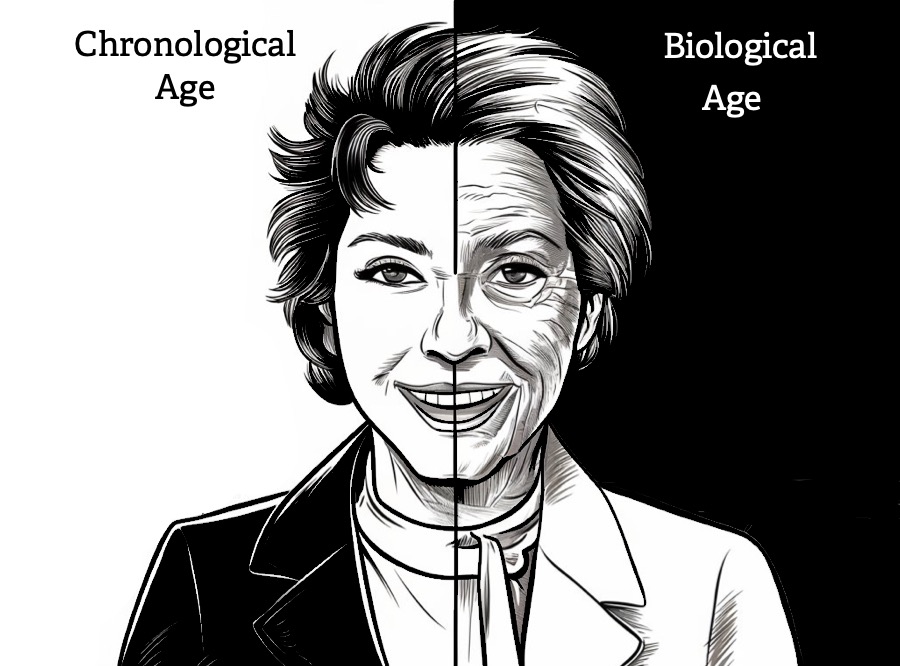In a surprising revelation, researchers have uncovered a connection between accelerated biological aging and the rising incidence of early-onset cancer among younger adults.
Presented this month at the American Association of Cancer Research’s annual conference, this groundbreaking study sheds light on previously uncharted territory: the complex relationship between age and cancer.
“We all know cancer is an aging disease. However, it is really coming to a younger population. So whether we can use the well-developed concept of biological aging to apply that to the younger generation is a really untouched area” —Dr. Yin Cao, an associate professor of surgery at the Washington University School of Medicine in St. Louis and senior author of the new research
Why it matters
Researchers may be able to identify people at higher risk of early-onset cancer and develop targeted treatments by understanding the underlying mechanisms of accelerated aging.
The big picture
- Cancer has long been considered an "aging disease," with the risk increasing as we grow older.
- This pattern is shifting, with more cancer cases appearing in younger adults, even among those born after 1965.
“It’s a really puzzling question. Why are younger people developing colorectal cancer at an increasing rate, and how do we address this problem with screening and prevention?” —Dr. Yin Cao

Chronological versus biological aging
Traditionally, age has been measured by years lived or chronological age.
- Age is more complex, however, involving the wear and tear on the body caused by lifestyle, stress, and genetics – a concept known as biological age.
- By analyzing nine blood-based markers associated with biological aging, the researchers calculated each participant's biological age using the PhenoAge algorithm.
- The researchers determined accelerated aging by comparing participants' biological and chronological ages.
- Next step: They then checked cancer registries to see how many in the group had been diagnosed with early cancers, which the researchers defined as cancers appearing before age 55. There were nearly 3,200 cancers diagnosed.
Results
After analyzing the medical records of 148,724 people aged between 37 and 54 years old and comparing their chronological and biological ages, researchers found that—
- Those born after 1965 were 17% more likely to exhibit accelerated aging than those born between 1950 and 1954.
- People with the highest levels of accelerated aging had a significantly higher risk of developing early-onset lung, gastrointestinal, and uterine cancers.
The takeaway
- Assessing biological age rather than chronological age alone may better identify people at high risk of early-onset cancer.
- In the future, healthcare professionals could use lifestyle modifications or pharmaceutical treatments to mitigate cancer risk in younger adults potentially.

